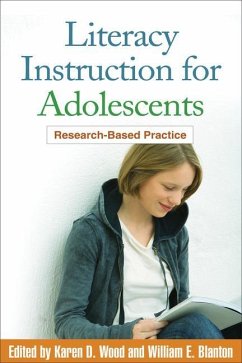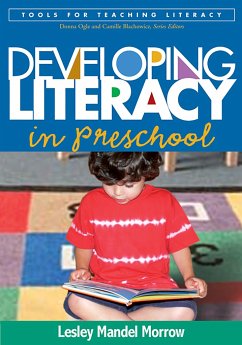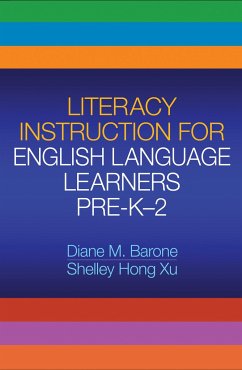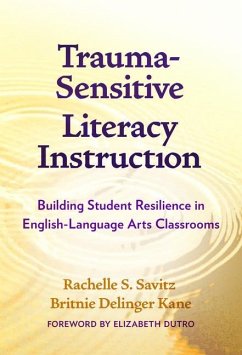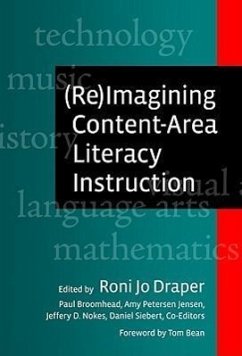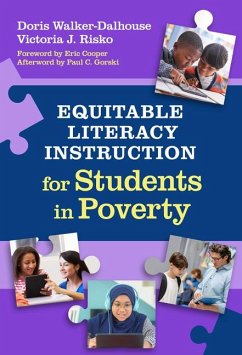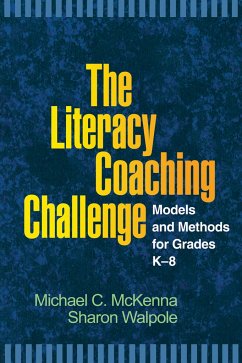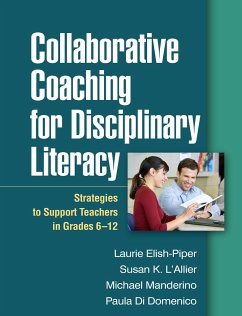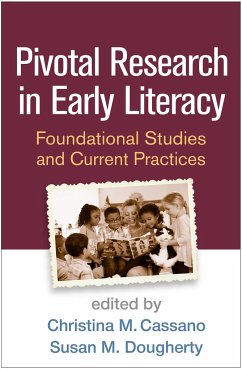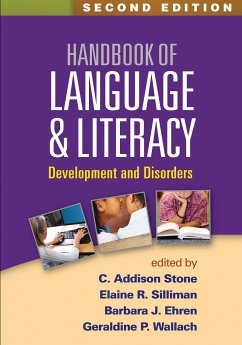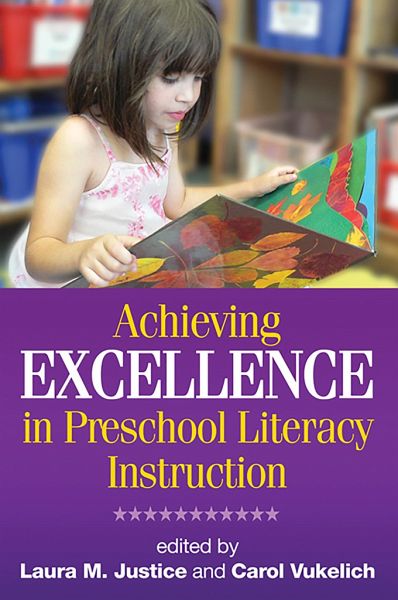
Achieving Excellence in Preschool Literacy Instruction
Versandkostenfrei!
Versandfertig in über 4 Wochen
45,99 €
inkl. MwSt.

PAYBACK Punkte
23 °P sammeln!
High-quality preschool programs are essential to improving children's outcomes in reading achievement and leveling language and literacy disparities among students from diverse backgrounds. Grounded in state-of-the-art research evidence, this practice-oriented book demonstrates how preschool professionals can create, evaluate, and sustain exemplary programs. Chapters from leading authorities cover coaching, assessment, and differentiation, as well as explicit strategies for teaching English language learners and helping at-risk readers. Discussion questions and suggested activities for profess...
High-quality preschool programs are essential to improving children's outcomes in reading achievement and leveling language and literacy disparities among students from diverse backgrounds. Grounded in state-of-the-art research evidence, this practice-oriented book demonstrates how preschool professionals can create, evaluate, and sustain exemplary programs. Chapters from leading authorities cover coaching, assessment, and differentiation, as well as explicit strategies for teaching English language learners and helping at-risk readers. Discussion questions and suggested activities for professional development are included, as are reproducible assessment forms and planning tools for use in the classroom.



